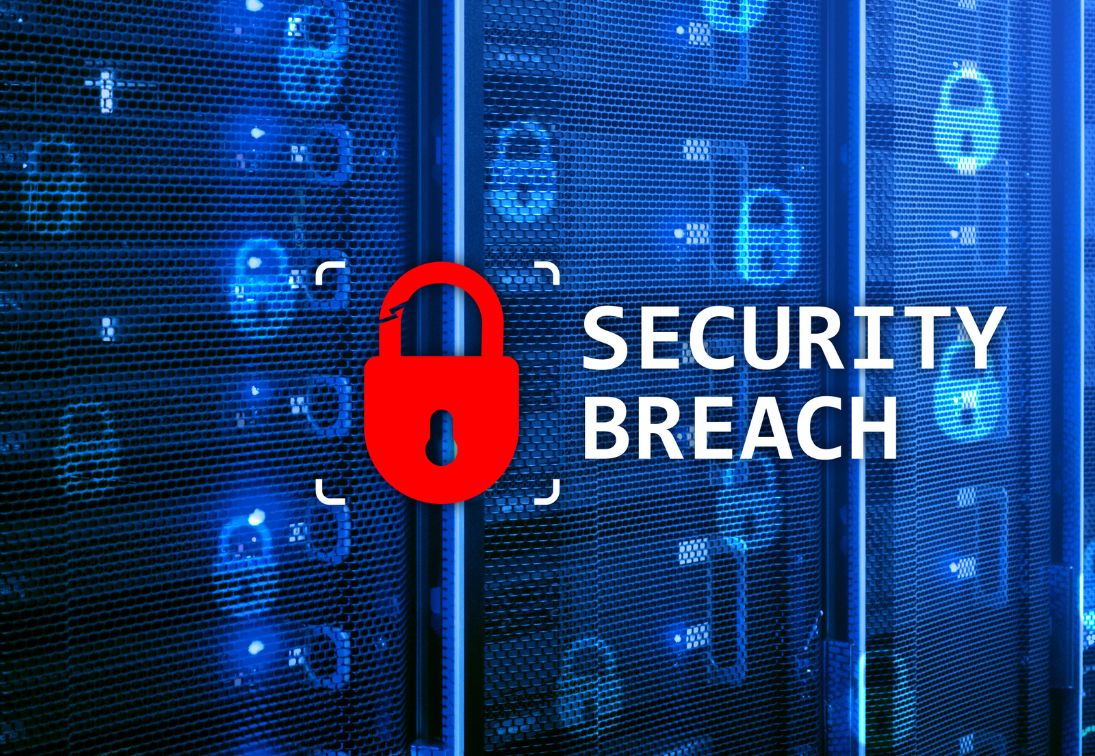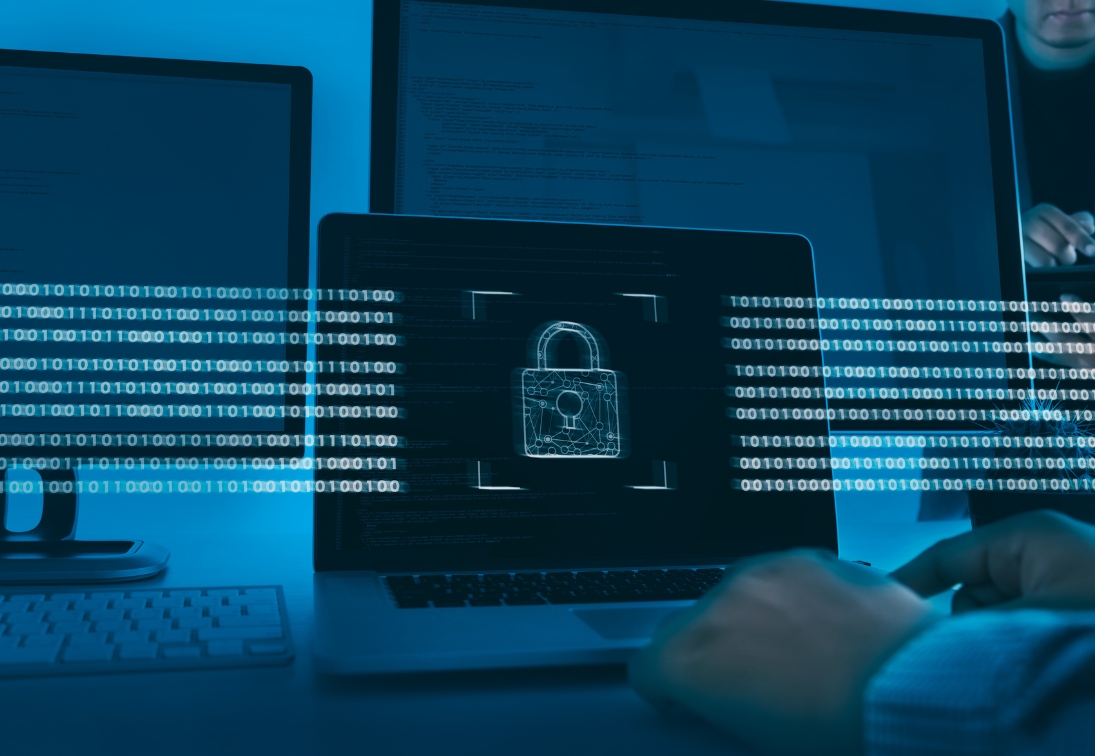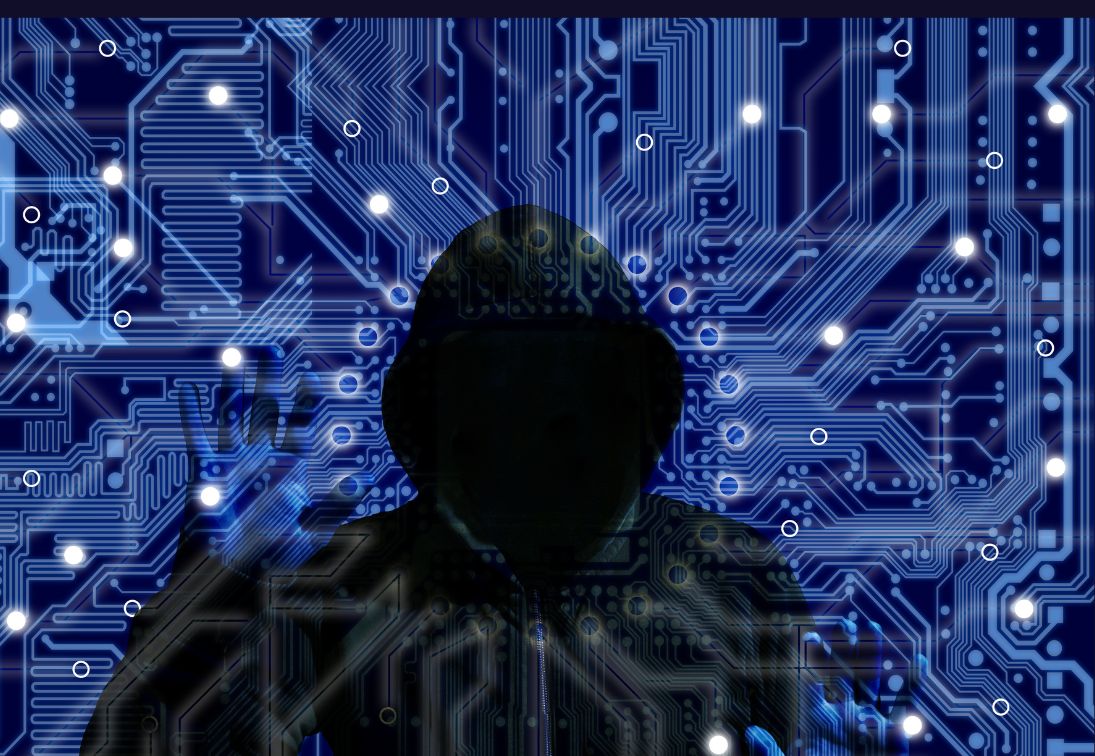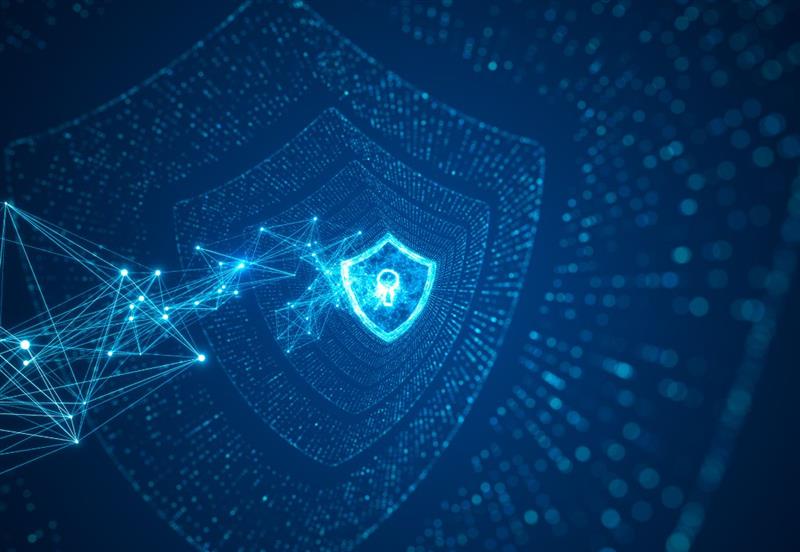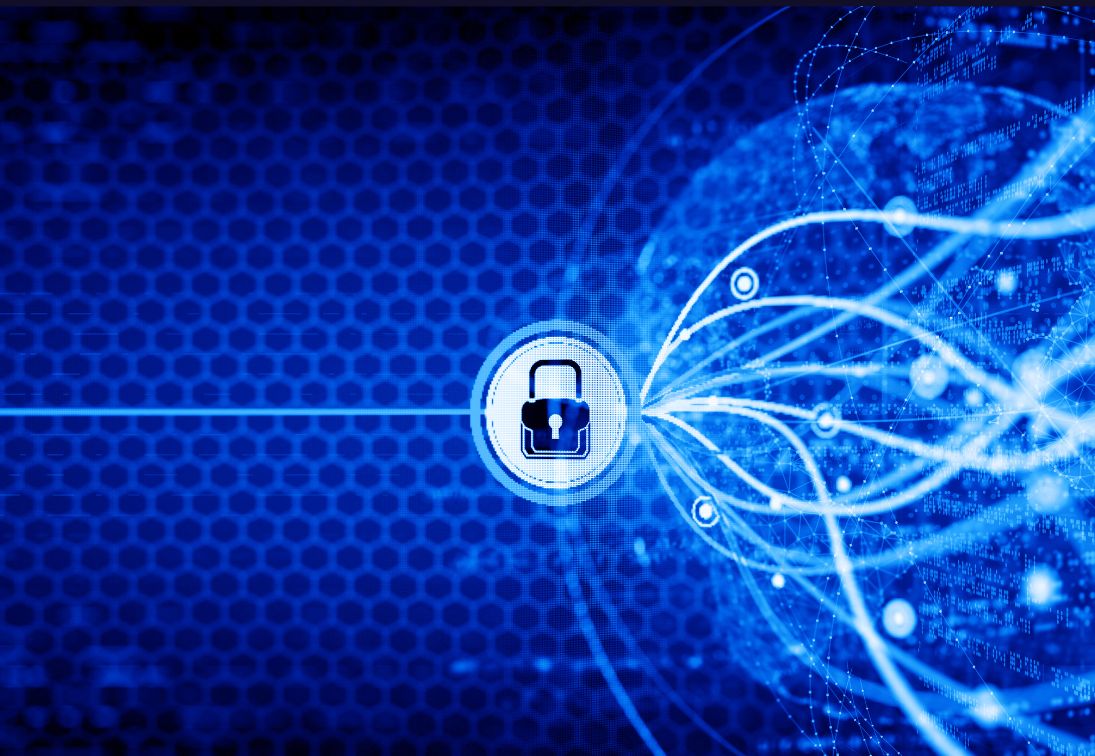1. What is our most critical digital asset – and is it protected?
Why it matters: If you don’t know what’s most important, you don’t know what to protect first.
From the field: An industrial company discovered that its production servers weren’t backed up – because management thought the CRM was the top priority.
2. If everything crashes tomorrow, how long will it take us to recover?
Why it matters: Recovery Time Objective (RTO) is the lifeline of the business.
From the field: A retail chain was down for 10 days due to poor preparedness – the cost was tens of millions.
3. Who in our organization is accountable for managing cyber risk at the board level?
From the field: A European bank was fined €50 million because there was no documented accountability.
Why it matters: Without a clear owner, everyone assumes someone else is handling it.
4. How are we managing risks in the cloud?
Why it matters: “It’s in the cloud” doesn’t mean someone else is taking care of it – responsibility is still yours.
From the field: An Israeli startup discovered that all customer data was exposed on the internet – because permissions weren’t set correctly.
5. Do we conduct an annual cyber incident simulation?
Why it matters: In a real incident, there’s no time to learn. You need to rehearse to find the gaps before attackers do.
From the field: A healthcare company successfully stopped an attack because they had practiced a similar scenario six months earlier.
6. Where is our data stored – physically?
Why it matters: Many executives don’t know if their data is overseas, who has access to it, and what laws apply.
From the field: A public organization was fined because data was stored in a country that did not meet legal requirements.
7. How many external vendors have access to our systems?
Why it matters: Many breaches begin with a poorly secured vendor.
From the field: The SolarWinds attack proved that the supply chain is often the weakest link.
8. Do we have 24/7 monitoring – or are we blind at night?
Why it matters: Most attacks start when no one is watching.
From the field: A financial company discovered a breach only after 3 weeks – because there was no continuous monitoring.
9.Do our employees know how to recognize a phishing attack?
Why it matters: 80% of cyberattacks start with an innocent-looking email.
From the field: An employee opening a single attachment triggered a chain of events that caused $70 million in damages.
10. When was the last time I received a real risk report – not just a list of projects?
Why it matters: Projects are nice, but unseen risks explode.
From the field: A CEO received a polished presentation – but no report on critical vulnerabilities. Six months later, the organization was paralyzed.
Final Message
Don’t wait for a crisis to discover your organization was skating on thin ice. The time to act – is now..

